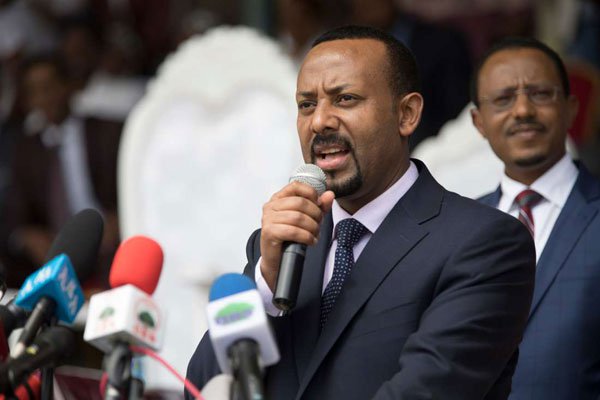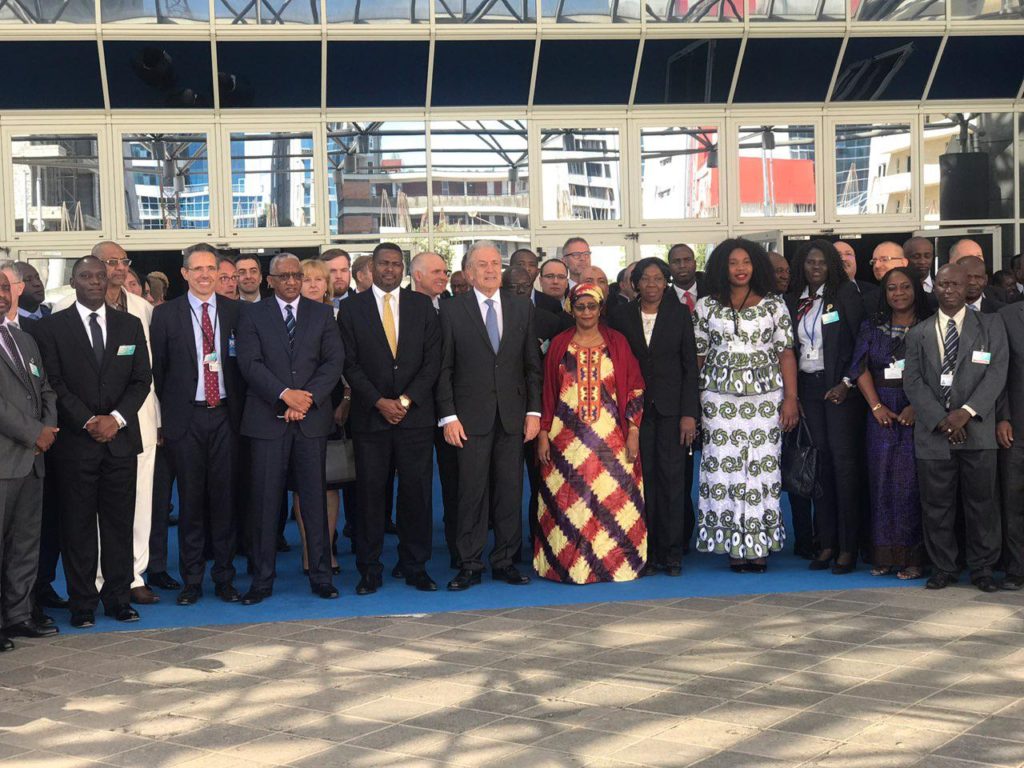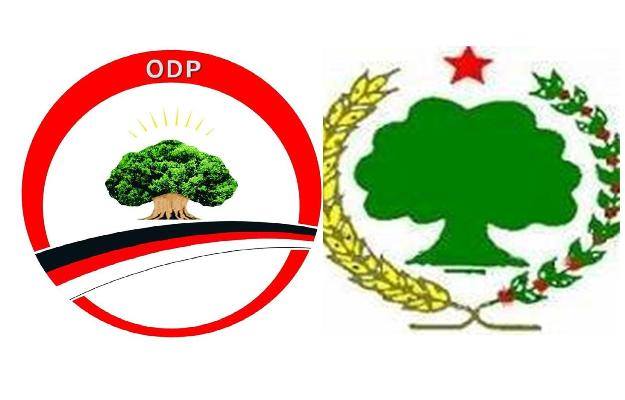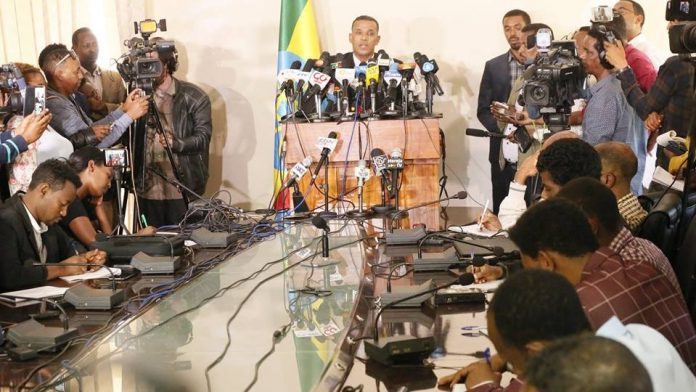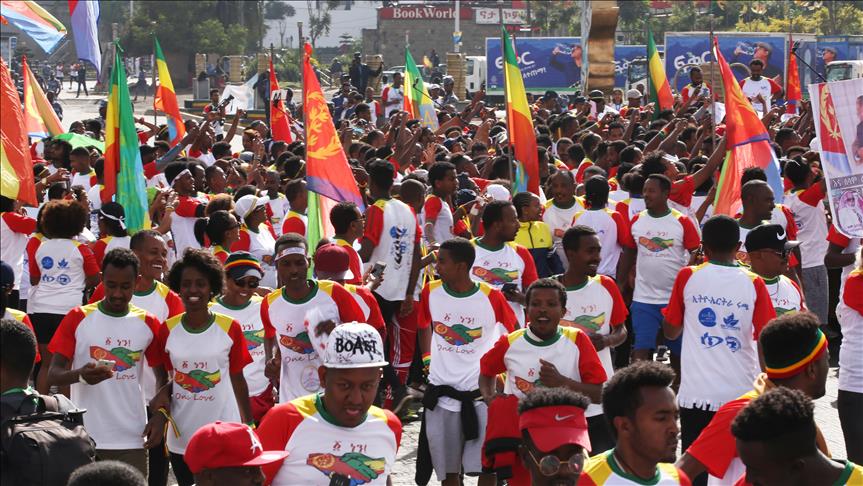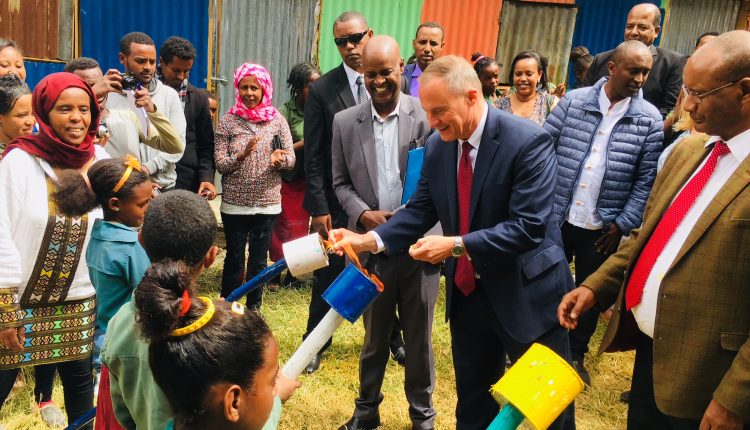
The Ethiopia- EU Sectoral dialogue on migration began in Addis Ababa on Friday 16 November 2018. Following the signing of a strategic partnership engagement in June 2016, Ethiopia and the EU are working together to further enhance the existing dialogue into a more comprehensive and higher level consultation platform.
Ethiopia and the EU cooperate on a wide range of areas, including regional peace and security, countering terrorism and radicalization, migration, social and economic development, investment and trade; governance and human rights, climate change, and environmental cooperation.
The EU side was led by Johan Borgstam, Ambassador of the EU delegation to Ethiopia. The Ethiopian side was led by Ambassador Tesfaye Yilma, director general for European Affairs.
Ambassador Tesfaye updated his European counterpart on the situation of the internally displaced persons in the country and the migration policy in Ethiopia. The discussion also focused on addressing the root causes of migration, including the implementation of the EU Emergency Trust Fund for Africa; on the developments regarding the global compact; on the joint efforts to halt smuggling and trafficking, on the legal path of migration and the return and reintegration procedures.
Both parties have expressed their satisfaction with their partnership and agreed to continue working in close cooperation. Both sides also agreed to meet again on 27 November to discuss the developments and implementation of the bilateral programs aimed to better manage migration.
